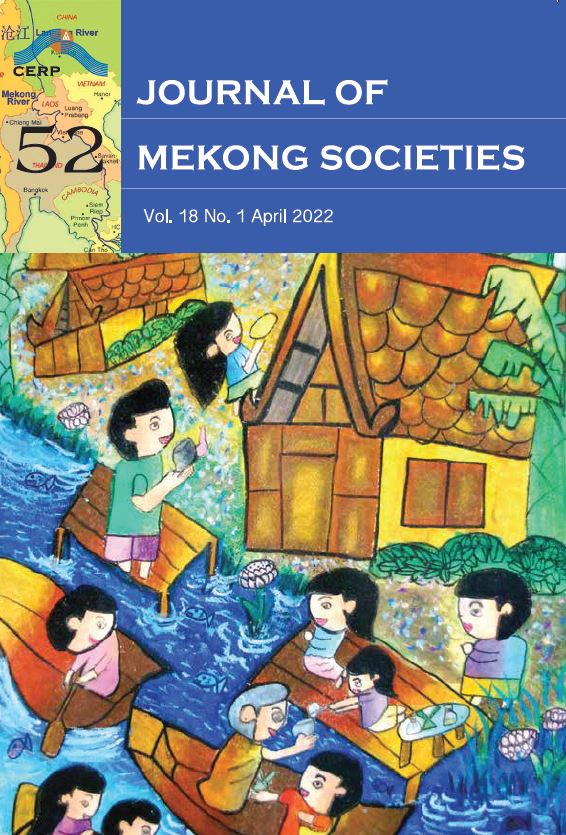Fostering Cross-border Twin Cities in the Greater Mekong Subregion
Main Article Content
Abstract
This study endeavors to build a theoretical framework of cross-border twin cities by examining three case studies within the Greater Mekong Subregion. These cities act as production, trade, and border nodes that concentrate resources, labor forces, and infrastructure in geographical spaces connected by transport networks. They can provide necessary public and social services for urban development, such as education, healthcare, utilities, and cultural events, to prospective citizens in a coordinated or even integrated manner. Both hardware (i.e. location, infrastructure, endowment, or networks) and software (i.e. policy and cooperation) dimensions capture the complexity of the phenomena and the cross-cutting socioeconomic benefits for the border zones. Although the growing interactions and networks of people and organizations have effectively facilitated trade and industrial activities, urban infrastructure sharing, and cooperation between neighboring cities, policy interventions generally remain insufficient to tap the full potential of these cross-border twin cities.
Article Details

This work is licensed under a Creative Commons Attribution-NonCommercial-NoDerivatives 4.0 International License.


